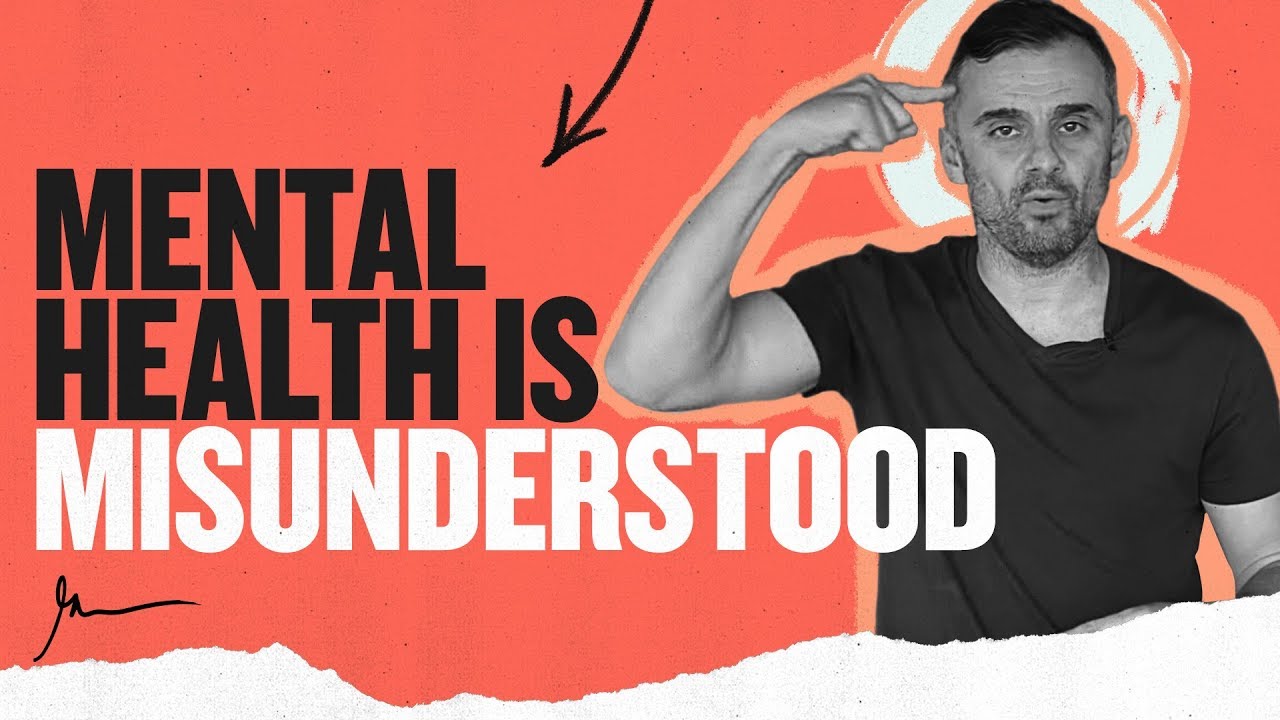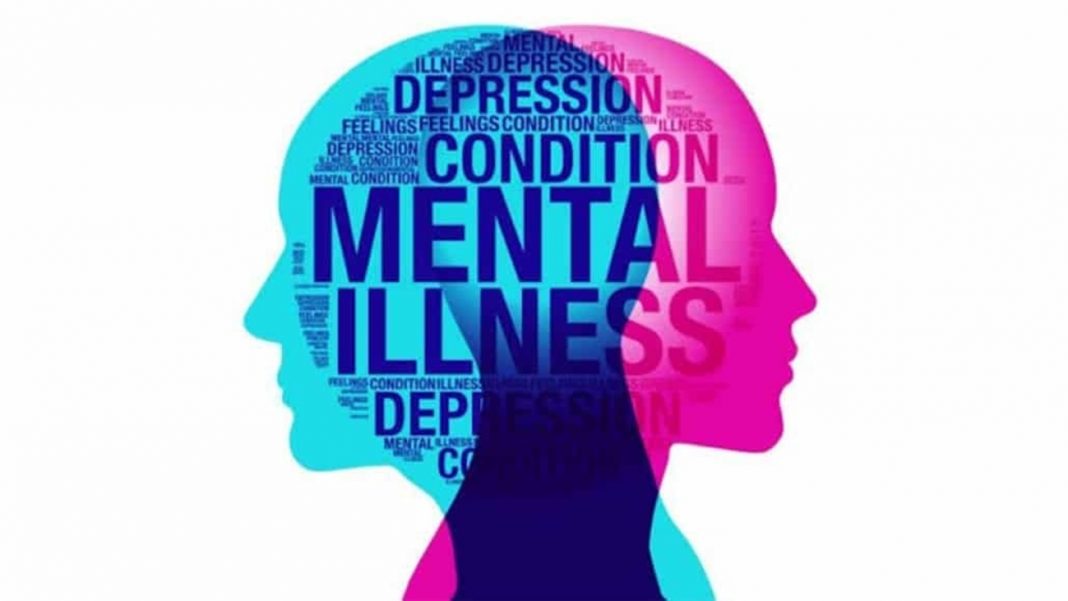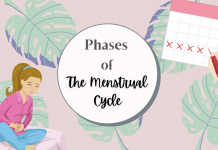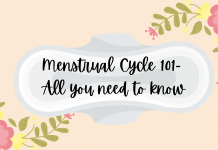Hello, everyone. In this post, we will talk about What is Mental health? What are the Risks, Signs, Disorders associated with it? Which is an important topic to address these days? More people die from suicides than by some severe diseases, so what is the cause?
Mental health can be said to cognitive, behavioral, and emotional well-being. It is all about how people think, feel, and behave. People sometimes use the term “mental health” to mean the absence of a mental disorder as per Medical News Today.
Mental health can affect daily life, relationships, and one’s physical health. However, this also works in the other state. Factors in people’s lives, interpersonal connections, and physical factors can all contribute to mental health disruptions. It may ultimately lead to loss of rationality and logic, the foundation pillars of how, why we value life might get shaken.

Looking after mental health can save a person’s ability to enjoy life. Doing this involves reaching a balance between life activities, responsibilities, and efforts to achieve psychological resilience. Conditions such as stress, depression, and anxiety can all affect it and disrupt a person’s routine.
Risk factors associated with mental health conditions
Everyone human has some risk of developing a mental disorder, no matter what their age, sex, income, or ethnicity is. But these factors might shape it, including lifestyle.
Having money does not guarantee good mental health. In the USA and much of the developed world with high income, has mental disorders as one of the leading causes of disability.
It is important to note that a good mental state depends on a delicate balance of different factors and that several elements of life and the world at large can work together to contribute to disorders and worsen things.
-
Continuous social and economic pressure:
Having limited financial means or belonging to a marginalized or persecuted ethnic group can increase the risk of its disorders. People with a “weak economic status” also scored highest for mental health conditions in a study.
-
Biological factors:
The top survey organization suggests that genetic family history can increase the likelihood of mental health conditions, as certain genes and gene variants put a person at higher risk.
However, many other factors contribute to the development of these disorders.
Common Mental Health Disorders
-
Anxiety disorders
-
Mood disorders
A mood disorder is a mental health problem that primarily affects a person’s emotional state. It is a disorder in which a person experiences long periods of extreme happiness, extreme sadness, or both.
-
Schizophrenia disorders
Schizophrenia is a serious mental disorder in which people interpret reality abnormally. It may result in some combination of hallucinations, delusions, and extremely disordered thinking and behavior that impairs daily functioning, and can be disabling.
Early signs, Symptoms of Deteriorating Mental Health
There is no physical test or scan that reliably indicates whether a person has developed a mental illness. However, people should look out for the following as possible signs of a mental disorder:
- withdrawing from friends, family, and colleagues
- avoiding activities that they would normally enjoy
- sleeping too much or too little
- eating too much or too little
- feeling hopeless
- having consistently low energy
- using mood-altering substances, including alcohol and nicotine, more frequently
- displaying negative emotions
- being confused
- being unable to complete daily tasks, such as getting to work or cooking a meal
- having persistent thoughts or memories that reappear regularly
- thinking of causing physical harm to themselves or others
- hearing voices
- experiencing delusions.
Treatments
There are various methods for managing mental health problems. Treatment is highly individual, and what works for one person may not work for another. Treatments may include:
-
Psychotherapy, or talking therapies:
Psychotherapy is the use of psychological methods, particularly when based on regular personal interaction with adults, to help a person change behavior and overcome problems in desired ways.
-
Medications:
A drug or another form of medicine that is used to treat or prevent mental disorders like antidepressants etc.
-
Self-help:






